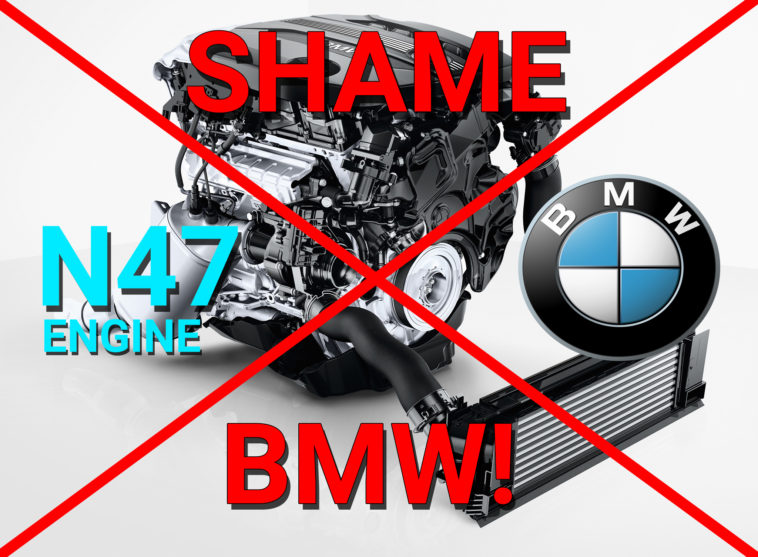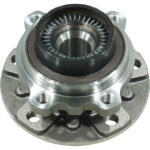In this article, we will explain the problems with the BMW N47 engine in detail.
The turbocharged 4-cylinder diesel engines in the E90/F30 BMW 3 Series and E60/F10 BMW 5 Series sedans from 2007 to 2015 are powered by the 1.6L/2.0L BMW N47 engine. One major issue of the BMW N47 engine is the timing chain wear and the way it works for a short time. The engine also suffers from problems associated with using emission control devices such as the EGR and DPF.
The N47 engine was introduced in March 2007 on the E81/E87 BMW 1 Series. The following car, which ran the same engine was a facelifted E60/E61 BMW 5 Series from September 2007. After that, the N47 engine with the same timing chain failure problem was added to the facelifted BMW 3 Series E90/E91/E92/E93. This particular engine, the N47 engine, was launched in the BMW X3, BMW X1, and other BMW Series.
Also, the story of the problematic BMW E47 engine continued for a large range of BMW Models.
Top 8 Problems
1. BMW N47 Engine – Timing Chain Failure
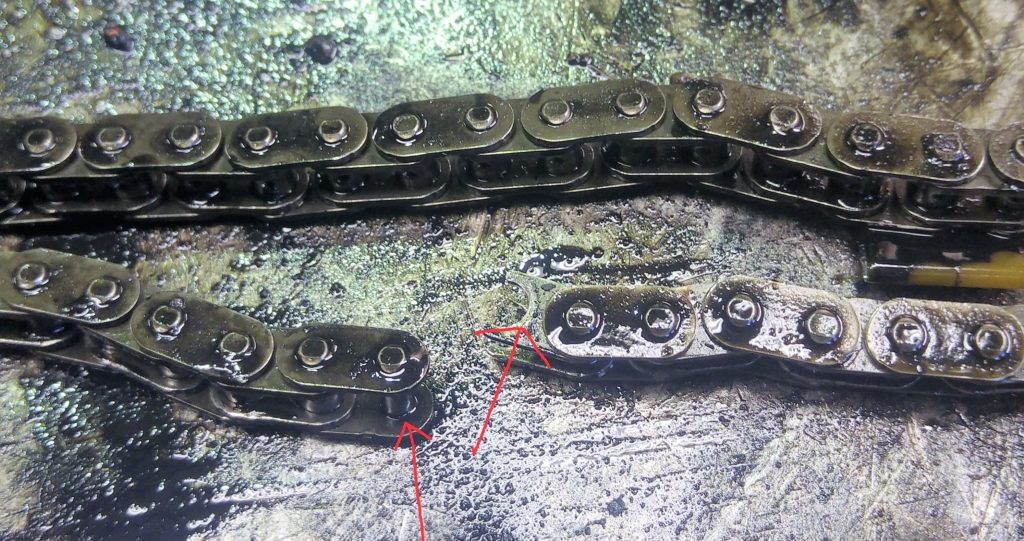
The timing chain equipped inside the N47 engine of these cars is known to fail prematurely. Failure of the timing chain, while it’s running, causes the engine parts to go out of sync and can damage the engine severely. The timing chain is also placed at the rear end of the N47 engine sandwiched between the engine and the transmission which makes it very inaccessible to reach for a replacement.
To replace an aging timing chain, the engine has to be taken out of the bay completely and stripped down to its core. It is not an easy task and makes huge bills if the timing chain failure has caused other parts to go bad as well. It is advisable to replace the timing chain in this engine within 60-100k miles to avoid any dangerous failures during driving.
2. EGR (Exhaust Gas Recirculation)
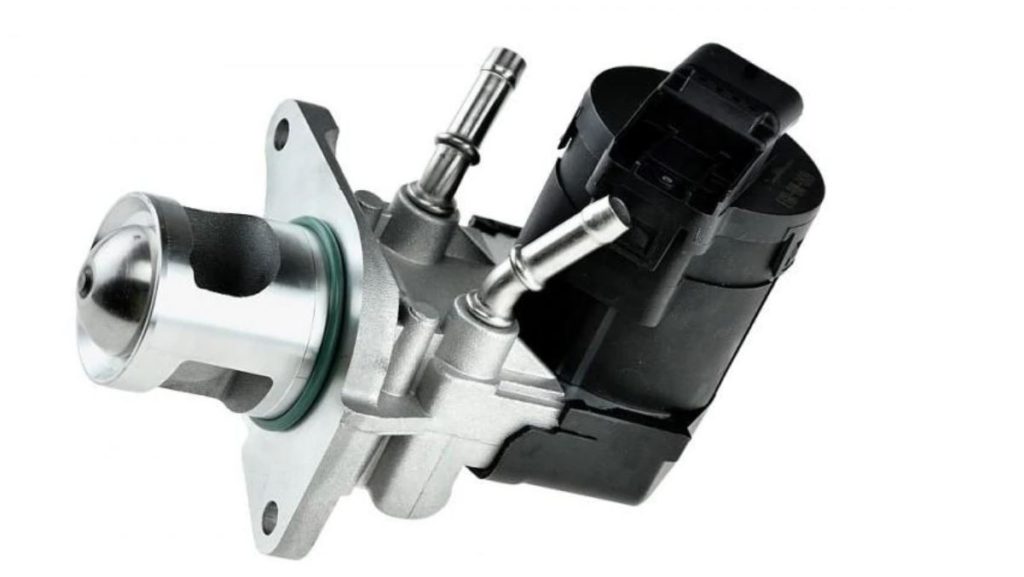
The EGR valve is a system fitted to modern vehicles to reduce the amount of NOx exiting from the vehicle’s exhaust. It does so by reburning a part of the exhaust gases reducing the overall amount of NOx. But the NOx sensor easily gets clogged up by soot overtime, which causes the valve to remain open more than it should be. This allows excessive exhaust gases to move in the intake manifold for a prolonged amount of time. The intake manifold, being made up of plastic, ultimately melts down and this causes holes in your intake manifold due to which you lose boost or intake pressure. It can even result in a fire in rare cases inside your engine bay.
3. DPF Sensor
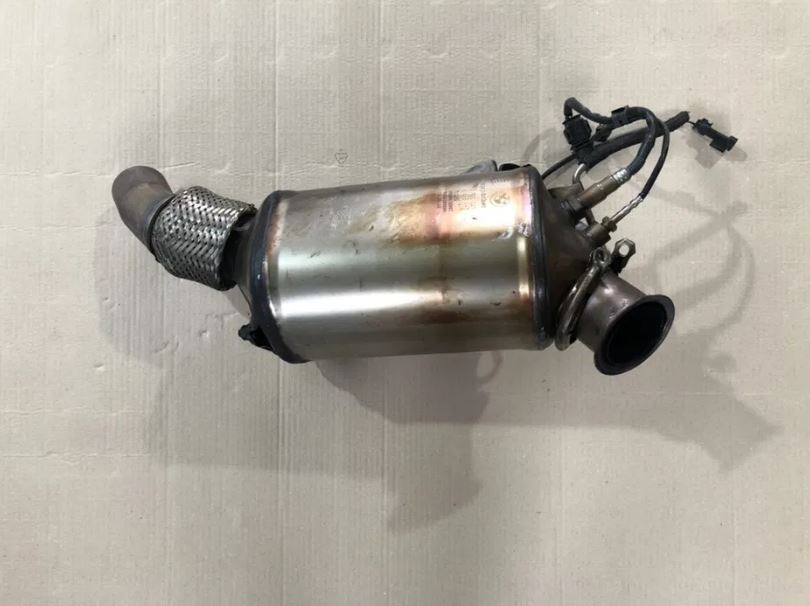
DPF is a device that filters out particulates or soot from the exhaust gases of a diesel engine. The sensor is prone to failure due to the DPF not working efficiently when cold. It usually occurs due to short journeys, where the DPF does not get warm enough to filter out the soot from the exhaust gases. This results in soot built up on your DPF sensor, glow plugs, and it even ruins your turbo.
4. Crankcase Breather Hose
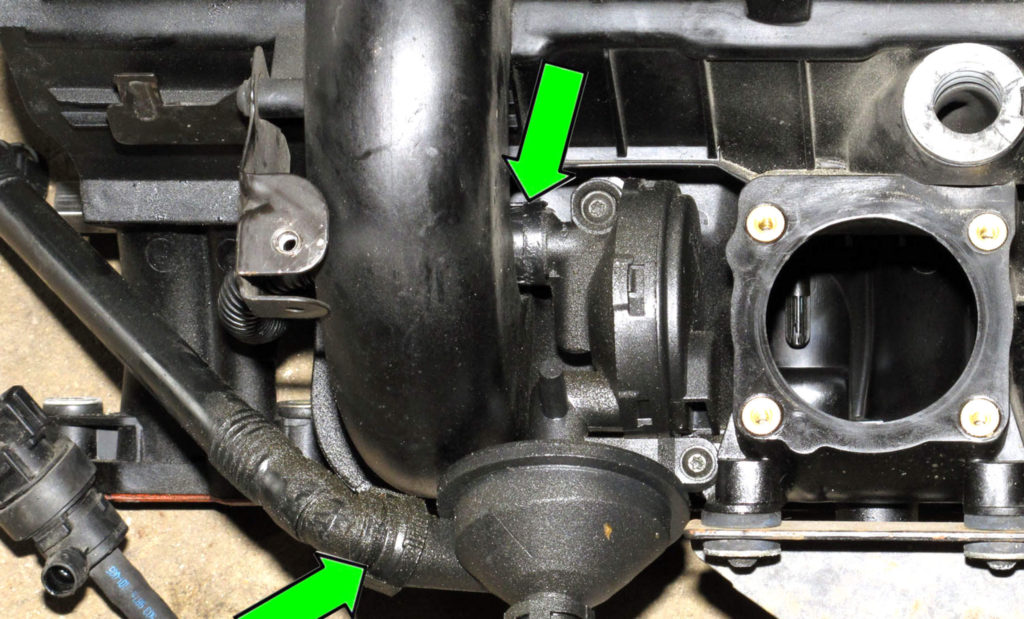
The crankcase breather hose came in rubber in the early models, which as they got hot caused the hose to leak oil. This problem was addressed by BMW by replacing it with a plastic hose that stays strong even in hotter conditions.
5. Soot Built Up in Intake
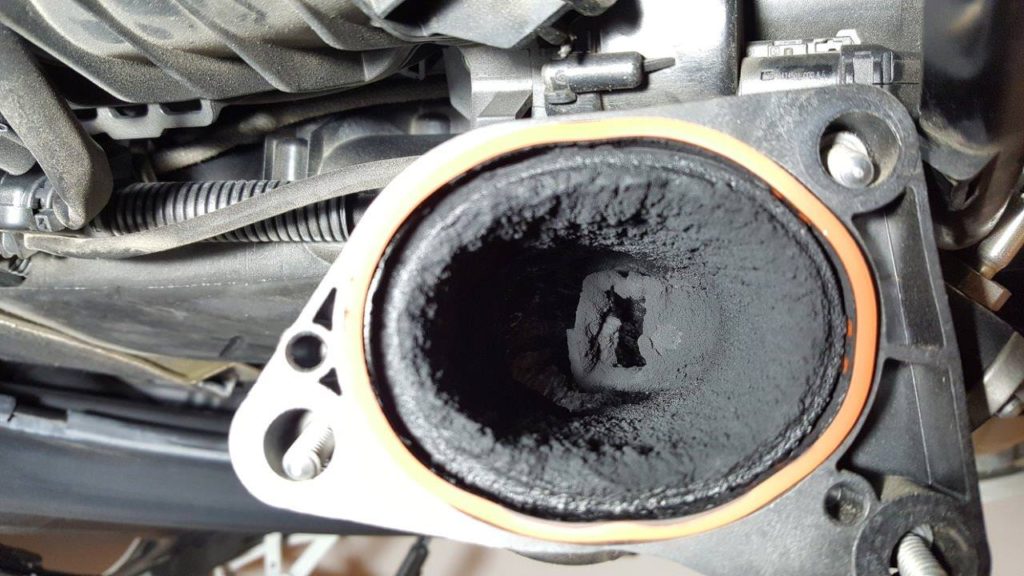
Due to a faulty EGR sensor, massive amount of soot can easily build up on your intake manifold and your Anti-Shudder valve which can restrict airflow and result in reduced boost pressures.
6. Soot Built Up on Injectors
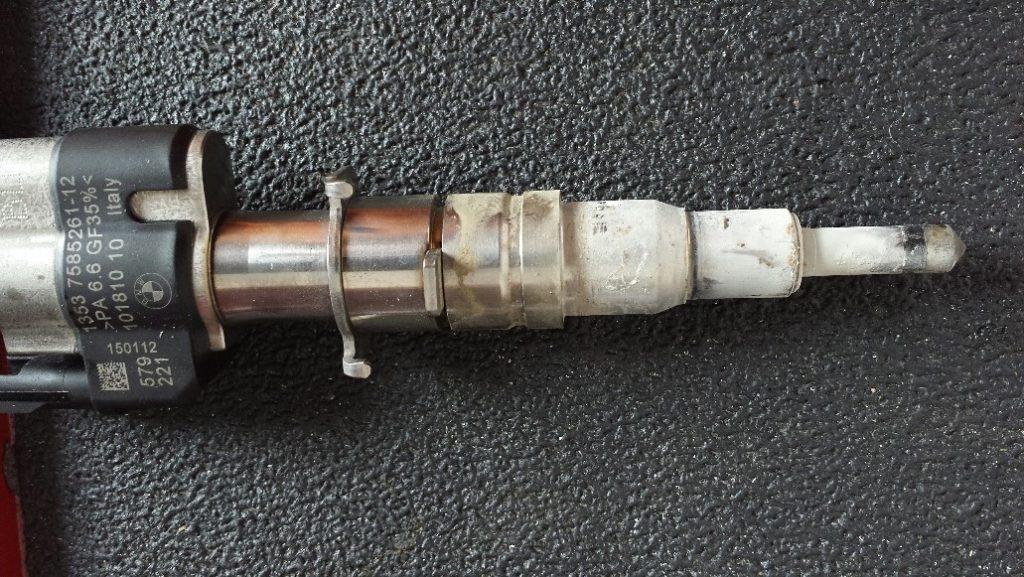
EGR gases cause the built up of soot on the injector’s bases, which restricts the fuel from squirting evenly inside the cylinder. This can result in your car’s rpm fluctuations.
7. Glow Plugs
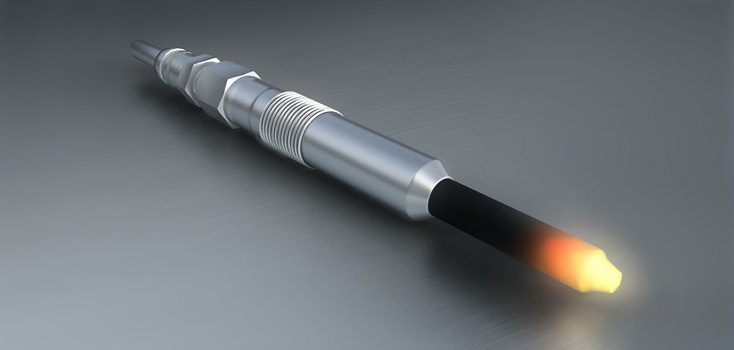
Glow plugs also go bad earlier than they should due to soot built up from EGR gases. It results in difficulty in starting the car in winter mornings.
8. Power Steering Pump
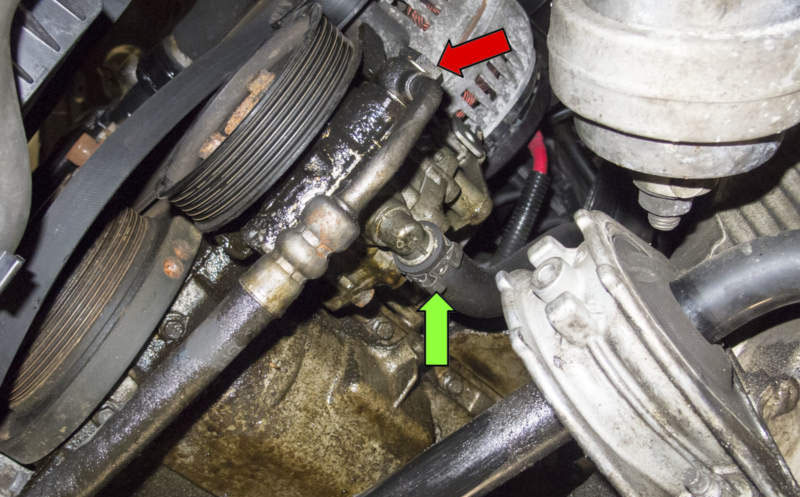
The power steering pump attached to the engine is also known to fail earlier in this engine. Its failure can be diagnosed with power steering fluid leakage from the power steering reservoir’s cap.
BMW N47 Engine Recall
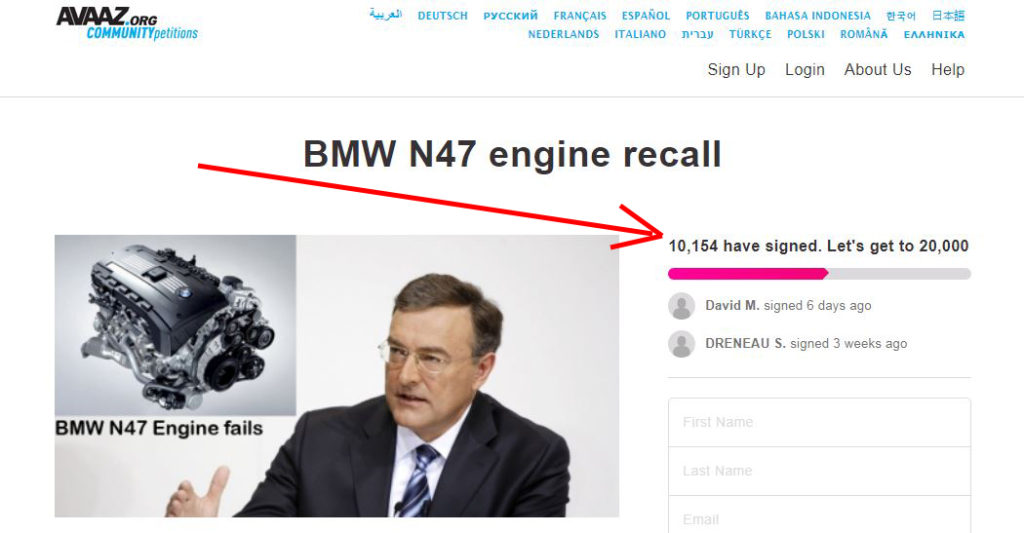
There is a petition and I recommend you to sign it if you own a BMW with the problematic BMW N47 Engine. All of us know that this is a manufacturing issue, a wrong design of the timing chain that will cause its premature failure, so… you will have to pay BIG bills. Shame on BMW because they do not take care of the customers! They get big money for premium cars, but what? They offer big problems to their customers’ cars. So, please sign the petition: https://secure.avaaz.org/community_petitions/en/BMW_N47_engine_recall/
Hope to see a recall AS SOON AS POSSIBLE!
Conclusion
It is better to just avoid the cars equipped with BMW’s N47 engine. Or if you happen to own one then try to get rid of the EGR and DPF system completely from a competent mechanic. As most of the problems originate from faulty EGR and DPF systems. Other than that, look out for any rattles from the engine from its rear side, and if you are over 80k miles and haven’t replaced the timing chain yet, don’t take the risk and get it replaced to avoid big bills in the future.

